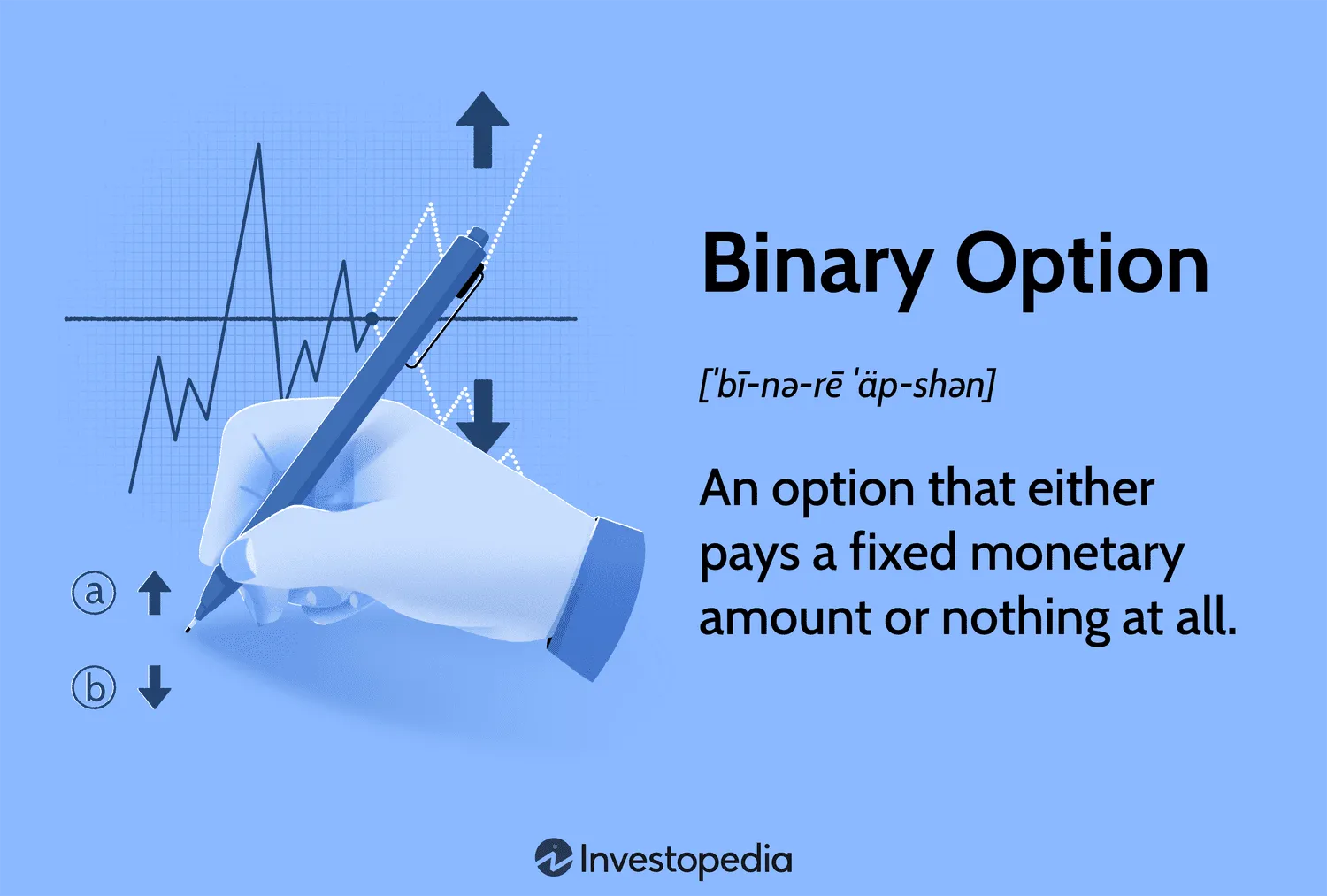Introduction
The world is rapidly moving toward digitalization, and trade is no exception. In Pakistan, Digital Trade has emerged as one of the fastest-growing sectors, transforming how businesses connect with buyers and sellers both locally and globally. From small entrepreneurs selling online to large corporations expanding through digital platforms, Pakistan’s trade ecosystem is undergoing a major shift.
In this article, we will explore the true meaning of Digital Trade in Pakistan, its benefits, challenges, policies, and future opportunities. By the end, you’ll understand why digital trade is not just a trend but the future of Pakistan’s economy.

What is Digital Trade in Pakistan?
Digital trade refers to buying, selling, and exchanging goods or services through digital platforms and online technologies. It covers e-commerce, digital payments, online marketplaces, and even cross-border trade through electronic systems.
In Pakistan, digital trade has been fueled by:
- Increasing internet penetration
- Affordable smartphones
- Rising trust in e-commerce
- Government support for digital policies
Growth of Digital Trade in Pakistan
Over the last decade, Pakistan has seen a sharp rise in online shopping and business digitization. According to industry reports, Pakistan’s e-commerce market crossed $7 billion in 2024 and is expected to grow even faster in 2025.
Key factors driving growth:
- Mobile banking & fintech solutions
- Access to global marketplaces like Amazon
- Social media commerce (Facebook, Instagram, TikTok shops)
- COVID-19 acceleration of online trade
- Government policies encouraging freelancers & exporters
Benefits of Digital Trade in Pakistan
1. Wider Market Access
Unlike traditional trade, digital trade enables Digital Trade in Pakistan businesses to reach customers not only in big cities but also in rural areas and international markets.
2. Lower Business Costs
Online stores reduce the need for expensive retail outlets, cutting operational costs significantly.
3. Boost for Small Businesses & Startups
Freelancers, SMEs, and women entrepreneurs have leveraged digital platforms to sell services and products worldwide.
4. Transparency and Efficiency
With online payments and order tracking, businesses and customers enjoy smoother transactions.
5. Cross-Border Opportunities
Through digital platforms, Pakistani exporters are finding access to Middle East, US, and European buyers without huge investments.
6. Financial Inclusion
Digital wallets and online payment systems allow more people to participate in trade, including those without traditional bank accounts.
7. Innovation in Business Models
From subscription services to dropshipping, new trade models are emerging in Pakistan thanks to digitalization.
Challenges of Digital Trade in Pakistan
While digital trade is growing, it still faces hurdles:
- Lack of digital literacy in rural areas
- Logistics challenges (delivery delays, high costs)
- Payment system limitations (limited PayPal access)
- Cybersecurity concerns
- Policy and regulatory gaps

Digital Trade vs. Traditional Trade in Pakistan
| Aspect | Digital Trade | Traditional Trade |
|---|---|---|
| Market Access | Global | Mostly Local |
| Cost Efficiency | Low | High |
| Transaction Speed | Instant | Slower |
| Transparency | High | Limited |
| Opportunities for SMEs | Very High | Moderate |
Clearly, digital trade provides more flexibility, growth, and opportunity compared to traditional trade.
Role of Government Policies in Digital Trade
The Government of Pakistan has introduced several initiatives to support digital trade:
- Digital Pakistan Vision
- E-Commerce Policy Framework
- Support for freelancers and IT exports
- Special Technology Zones
These policies are helping build trust and infrastructure for the future of online trade.
Future of Digital Trade in Pakistan (2025 and Beyond)
The coming years hold huge promise. By 2030, Pakistan aims to become one of the top digital economies in Asia Digital Trade in Pakistan. Some future trends include:
- Greater adoption of AI in trade platforms
- Integration of blockchain for secure transactions
- More women are joining online trade
- Expansion of B2B marketplaces
- Global recognition of Pakistan’s IT and services exports
Why Digital Trade is a Game-Changer (Power Keyword)
Digital Trade in Pakistan is not just an option; it is a game-changer for economic growth. It is creating new jobs, empowering youth, and positioning Pakistan as a competitive player in global commerce.

Conclusion
The journey of Digital Trade in Pakistan has just begun, but its potential is massive. From empowering small businesses to expanding global exports, digital platforms are rewriting the rules of commerce.
If Pakistan continues to invest in infrastructure, digital literacy, and supportive policies, Digital Trade in Pakistan it will not only transform local businesses but also become a global hub for trade in the digital era.
Digital Trade in Pakistan is more than a trend—it is the future.





